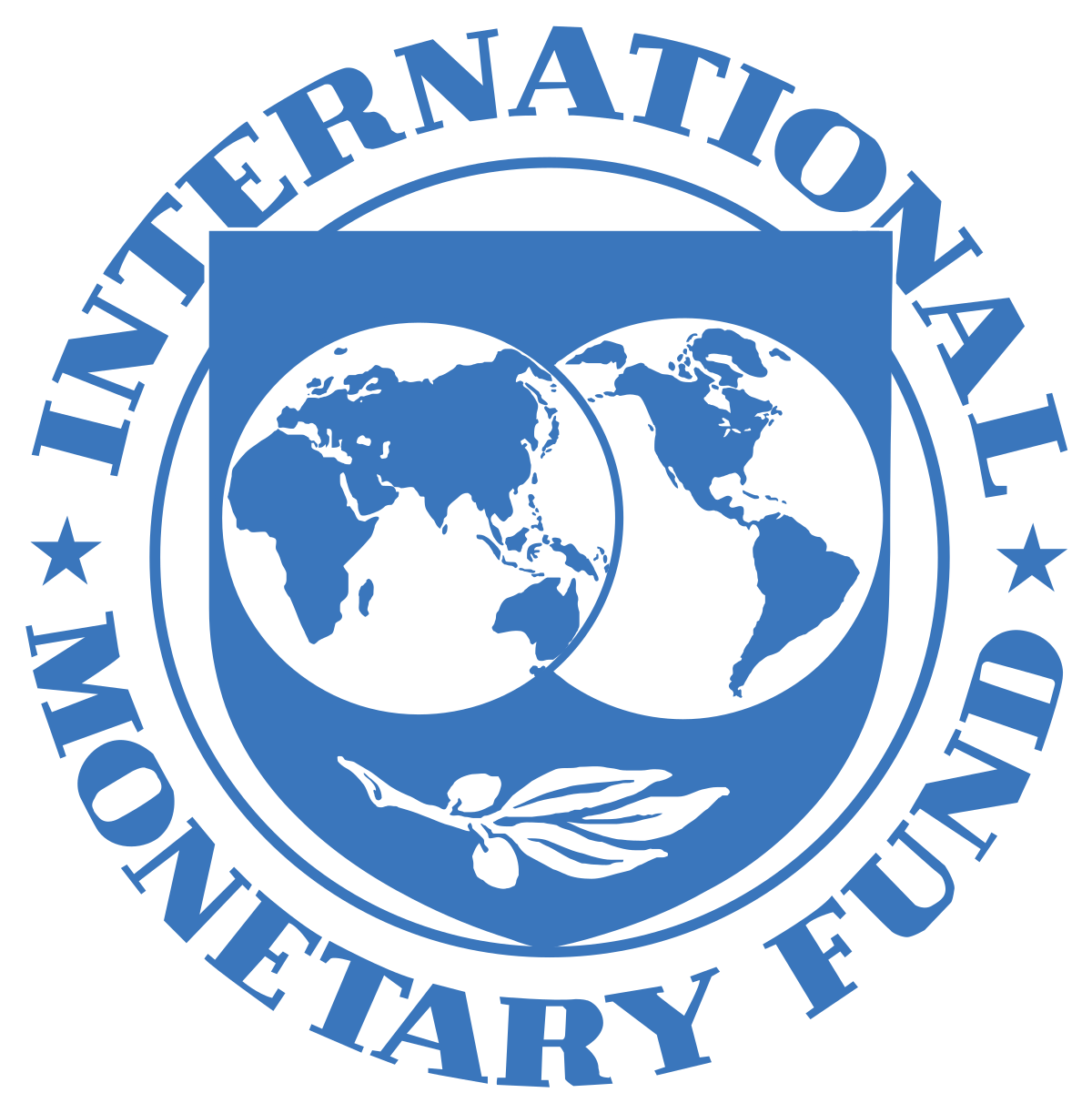
Pakistan’s government may be heaving a sigh of relief that the country has obtained an agreement with the International Monetary Fund for a $7 billion bailout loan. The agreement is the culmination of negotiations that started in May after Pakistan completed a short-term, $3 billion program that helped stabilize the economy, avert a sovereign debt default, and set challenging revenue targets in its budget to get IMF approval.
This next program will be a 37-month loan program with tough measures such as raising tax on farm income, sending the benchmark share index to a record high. However, the agreement comes at a time when the country’s inflation remains at an all-time high of 30% and will most likely only contribute to inflation staying high. It will also be unpopular as the government has promised to impose agricultural income tax.
Whether or not Pakistan abides by the conditions of the loan agreement is yet to be seen. Historically the country has a bad track record – the first 22 times Pakistan went to the IMF it never implemented the conditions and broke its agreements. Also, there are deep structural challenges facing the Pakistani economy which this IMF agreement will not resolve as they require a fundamental readjustment including the role – and resource allocation – to the military establishment.
In 2019, author and diplomat, Ambassador Husain Haqqani warned “Turning to the IMF is the economic equivalent of a sick individual being in intensive care. Considering that Pakistan has spent 22 years in the last three decades in the IMF’s intensive care, the country’s economy obviously suffers from some serious ailment. This might be the time to reflect on the source of the disease rather than focusing on the symptoms of the latest bout of illness.” Unfortunately, Pakistan has yet to take the advice of the Ambassador.
![]()





